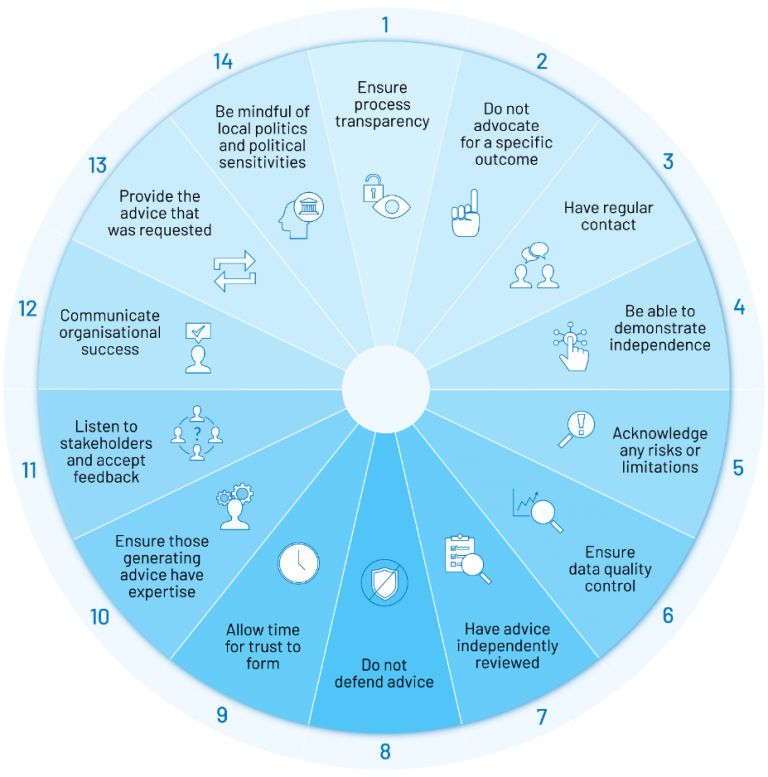At the turn of the year the UN Food Systems Summit leadership had been talking a lot about the need for trust to make progress on food systems. I agreed, and wrote this blog: rebuilding trust in nutrition.
Six months later, in the UNFSS Science Days session today the issue of trust came up again in questions to the panel.
The panel responded as if the issue was a mistrust of science.
I’m not sure why this was side-stepped, but the big issue – and the focus of the questions – related to the science-policy interface. More broadly, it relates to the issue of governance of food systems – present and future – and more immediately, governance of the UNFSS process itself.
IPES-Food recently brought out this briefing note and this podcast was released today. The brief questions the Scientific Group of the UN Food Systems Summit, suggesting it “falls short in several respects: it is nontransparent; is imbalanced in its composition and biased in its perspectives and sources of knowledge; is unreflexive about the relationships between food systems and society; and is pursuing a business-oriented ‘technology and innovation’ agenda.” This led to an open letter “no new science-policy interface for food systems” with multiple signatories.
Then there’s the open letter from the Ad-Hoc Committee on UN Food System Summit (UNFSS) Governance to the UN Secretary General and UNFSS leaders. This letter was written following several meetings, a review of publicly available UNFSS documents, expert input, a crowdsourcing survey and an Independent Dialogue in mid-June.
The conclusion? Though this is a UN summit, the UNFSS decision-making process has yet to implement adequate transparency and accountability principles in line with best practice followed in other UN processes. The crowdsourcing exercise raised issues around conflict of interest, weak principles of engagement and the widespread perception of a lack of trust. Again, multiple signatories.
Many of us who seek to amplify these concerns on social media are either met with silence or we are blocked by UNFSS leadership — as has happened to me twice now.
The UNFSS for months has positioned itself as a ‘people’s summit’. It has prided itself on gazillions of hours of consultation time – and yet so much decision-making remains unexplained and opaque. We don’t know how the hundreds of ‘game-changing solutions’ were whittled down to 50 odd solution clusters, and we don’t know how these clusters map conceptually and operationally to the bigger picture in terms of the summit’s vision and goals. Many have asked to see details of the decisionmaking and selection process and criteria made available online.
Trust is downstream from transparency. To earn it, any public process would need to broadly adhere to the seven (Nolan) principles of selflessness, integrity, objectivity, accountability, openness, honesty and leadership.
Earlier this week, Duncan Green published this excellent blog on building and maintaining trust at the interface of policy and research, with this useful chart of 14 trust-building strategies, along with a stepwise process for repairing damaged trust.

Fourteen strategies identified through a case study of ICES for building trust at the interface of environmental science and policy, as published in Cvitanovic et al (2021).
Trust is researchable, and much work has been done on trust theory and its various applications e.g. in natural resource management.
If a lack of trust is seen as such a big challenge, why doesn’t the UNFSS systematically investigate what is needed to build trust and maintain it? Why not commission an independent social network analysis of actors, processes and outcomes?
Why continue to decry the lack of trust – or any major obstacle or constraint – while doing so little to address it?
